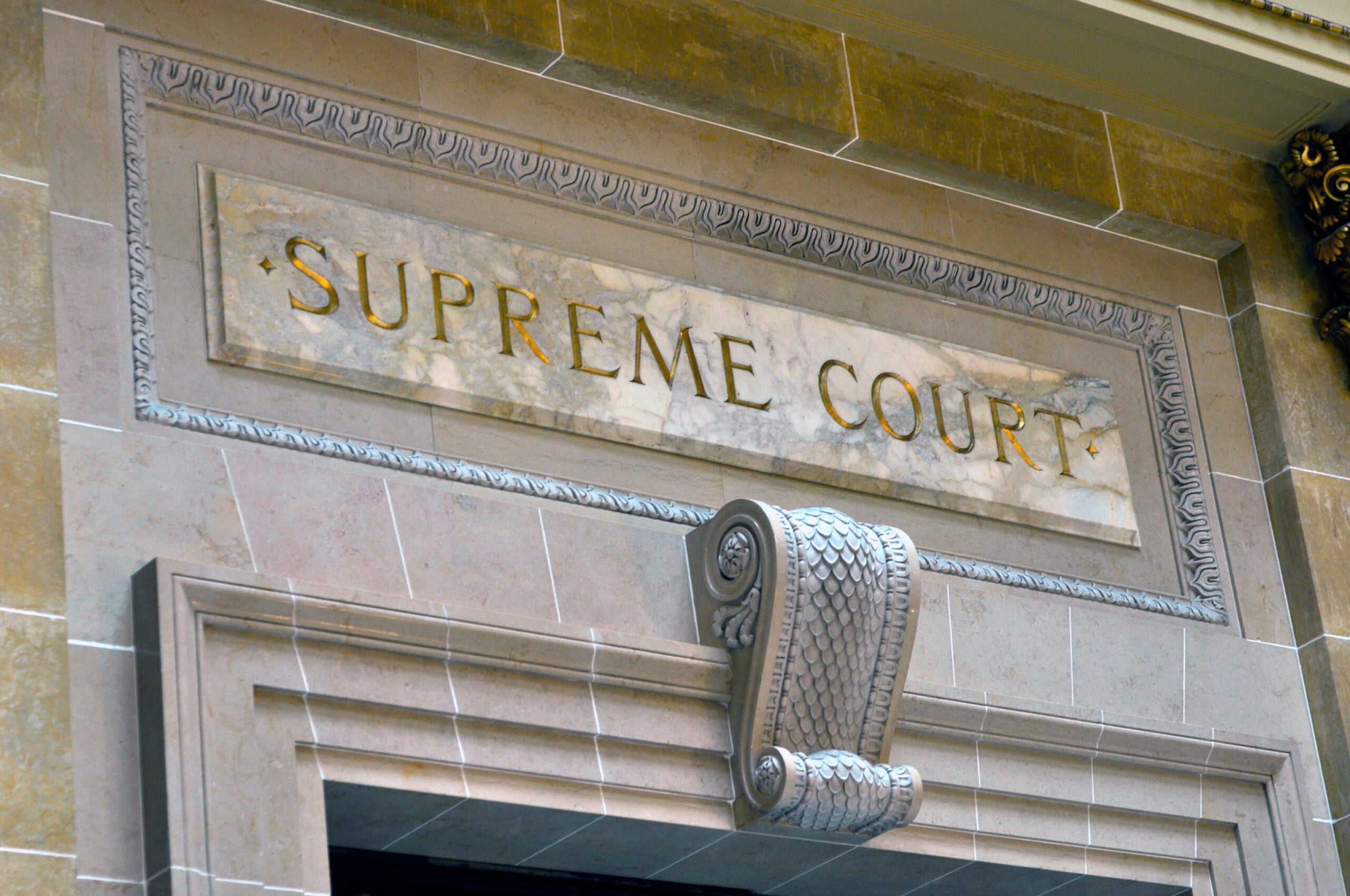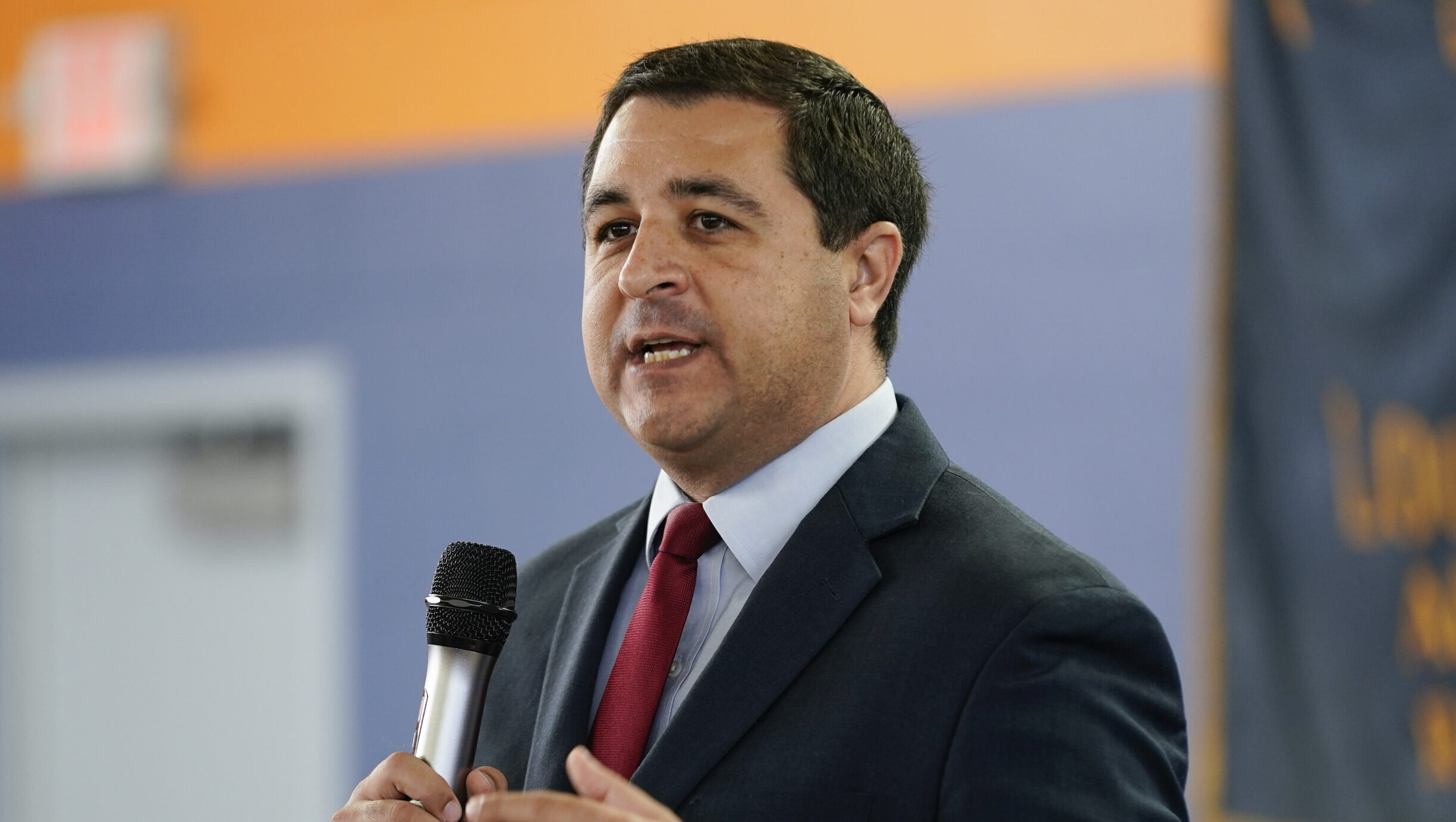The Wisconsin Supreme Court has sided with Republicans in preliminary dispute over 82 Scott Walker appointees who were confirmed by Republicans in December’s lame-duck session of the Legislature.
The 4-3 order handed down Tuesday by the court’s conservative majority wasn’t the final say in the lame-duck lawsuit brought by the League of Women Voters of Wisconsin. But the court found all of the former Gov. Scott Walker appointees –– including those whose appointments that were rescinded by Democratic Gov. Tony Evers –– can return to work while the appeal of the case proceeds.
“As we are only at the early stage of this appeal and in the context of a motion for temporary relief pending appeal, we express no position as to whether or not any of the Legislature’s arguments will ultimately prevail,” the court wrote. “We cannot say, however, that the Legislature’s arguments have ‘no likelihood of success on the merits,’ as the circuit court did.”
Stay informed on the latest news
Sign up for WPR’s email newsletter.
Dane County Judge Richard Niess ruled March 21 that the entire lame-duck session was unlawful because the state constitution doesn’t permit the Legislature to meet in what’s known as “extraordinary session.”
A day after Niess’ ruling, Evers rescinded all 82 Walker appointees Republicans confirmed during the lame-duck session. While Evers later reappointed most of those people to the same jobs, he didn’t rehire other Walker picks for key spots on the Public Service Commission and the University of Wisconsin Board of Regents.
Days later, a court of appeals stayed, or temporarily halted, Niess’ ruling. But in a subsequent ruling, it found Evers was in his right to block the appointments before the stay was in effect.
The state Supreme Court disagreed, finding Niess should have stayed his initial ruling while the case was being appealed. The court ruled removing the Walker appointees from their jobs could harm them personally, harm the boards and commissions on which they sit, and harm the public.
State Senate Majority Leader Scott Fitzgerald, R-Juneau, issued a statement praising the ruling, and criticizing Evers.
“Governor Evers’ actions targeted public servants who are dedicated to working on behalf of Wisconsin citizens. I’m glad to see that the Supreme Court has ended this unnecessary constitutional crisis and enforced the return of these individuals to their rightful positions,” the statement read.
Evers’ office issued a statement pointing out the decision was not the final say in the case.
“While the Wisconsin Supreme Court held that the circuit court should have issued an immediate stay, we are confident that the Court will ultimately rule against the legislature’s unconstitutional attempt to override the will of the people,” said Evers’ spokeswoman Melissa Baldauff.
Among those who can now go back to their jobs is Ellen Nowak, a longtime Republican aide and Walker’s former state Department of Administration secretary. Walker appointed Nowak to a term on the Public Service Commission ending in 2023.
The court’s three liberal members dissented, with Justice Ann Walsh Bradley writing that the majority opinion presented a “one-sided” view of the case.
“Indeed, the circuit court here determined that the laws at issue are unconstitutional beyond a reasonable doubt,” wrote Bradley. “The enforcement of a law that a circuit court determines is unconstitutional beyond a reasonable doubt would also appear to irreparably harm the public interest, yet the majority says nary a word about it.”
Oral arguments in the League of Women Voters case are scheduled for May 15.
The Supreme Court also took over the appeal of another lame-duck lawsuit filed in state court by Service Employees International Union and others in organized labor. That case contends that restrictions on the governor that were passed in December violate the state constitution’s separation of powers protections.
Two other lame-duck challenges are proceeding in federal court. In one, U.S. District Court Judge James Peterson blocked new restrictions on early voting Republicans passed as part of the December session.
The other federal case, which was brought by the Democratic Party of Wisconsin, argues the lame-duck session violated the U.S. Constitution. That case is also before Peterson.
Wisconsin Public Radio, © Copyright 2025, Board of Regents of the University of Wisconsin System and Wisconsin Educational Communications Board.




